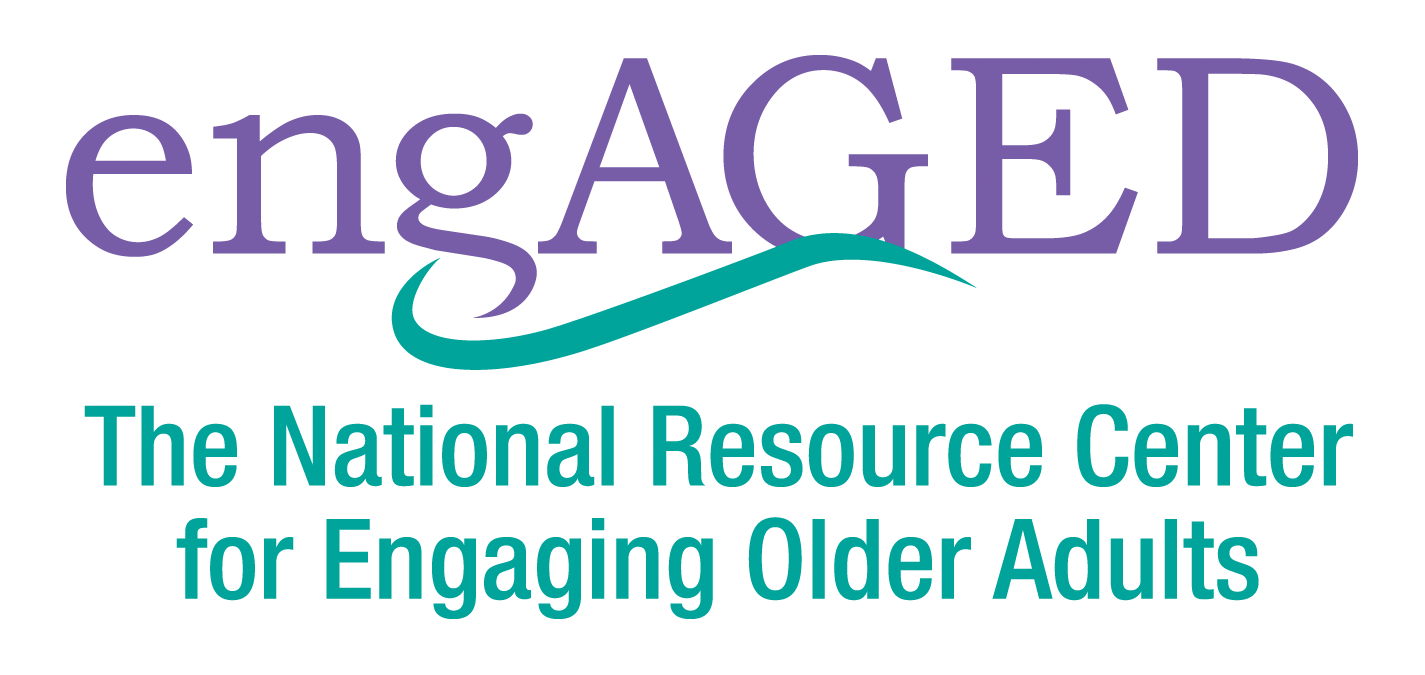Social Isolation Among African American and Black Older Adults
Social isolation and loneliness are alarmingly common among African American and Black older adults, particularly now during the COVID-19 national health crisis. In cities across the nation, African American and Black older adults are more likely to live in communities that are geographically and economically isolated from the economic opportunities, services and institutions that they need to live and thrive. For Black older adults who immigrate to the United States, social isolation is exacerbated because of cultural, religious and language differences that they may encounter when they come to the country, particularly if the individual immigrates later in life.
Producing more than just feelings of loneliness and hopelessness, social isolation can lead to poor mental, emotional and physical health outcomes including depression, cognitive decline (National Academies of Sciences, Engineering, and Medicine, 2020), high blood pressure (Holt-Lunstad et al., 2015) and heart disease (Valtorta et al., 2016)—chronic conditions that are prevalent among African American and Black older adults. It can also put older adults at greater risk for experiencing elder abuse and neglect (physical, emotional or financial) (National Academies of Sciences, Engineering, and Medicine, 2020).
To help combat social isolation among African American and Black older adults, the National Caucus and Center on Black Aging, Inc. (NCBA), recommends organizations embrace the use of technology, including social platforms such as Twitter, Instagram or Facebook to offer a sense of community, conduct wellness checks, promote and offer group activities, and to disseminate information. Organizations can also use low-tech options like the telephone, radio or public-access television to offer an avenue for older adults to remain connected and participate in engagement programming. No-tech options like the mail offer another way to reach African American and Black older adults with information, resources and activities to stay engaged.
At the heart of NCBA, we pride ourselves on our initiatives and programs that offer unique, authentic and person-centered approaches that aim to address the economic security, health and longevity needs and concerns of ALL older Americans while placing emphasis on minority populations.
To encourage dialogue and increase the provision of resources available to African American and Black older adults, their families and caregivers, NCBA turned its attention to hosting a series of virtual trainings on a range of topics including: Osteoporosis and Bone Health in the African American Community; This is Living with Cancer; and Emotional Wellbeing During A Pandemic. NCBA virtual trainings are authentic, agile and promote social engagement.
As we celebrate Black History Month, and simultaneously approach one-year of the pandemic, it is important to recognize the millions of African American and Black older adults around the country who face national and daily uncertainties—rising expenses, growing debt and sometimes overwhelming loss. And, yet they stand ready as ever to make the Herculean sacrifices and adjustments needed to meet the challenges put before them.
For more information on NCBA, visit www.ncba-aging.org.
Citations:
Holt-Lunstad, J., Smith T.B, Mark, B., Harris, T. and Stephenson, D. 2015. Loneliness and Social Isolation as Risk Factors for Mortality: A Meta-Analytic Review. Perspectives on Psychological Science. 10. 227-237.
National Academies of Sciences, Engineering, and Medicine. 2020. Social Isolation and Loneliness in Older Adults: Opportunities for the Health Care System. Washington, DC: The National Academies Press. https://doi.org/10.17226/25663.
Valtorta, N. K., M. Kanaan, S. Gilbody, S. Ronzi, and B. Hanratty. 2016. Loneliness and social isolation as risk factors for coronary heart disease and stroke: Systematic review and meta-analysis of longitudinal observational studies. Heart 102(13):1009–1016.
